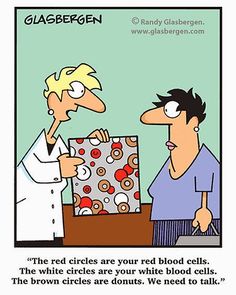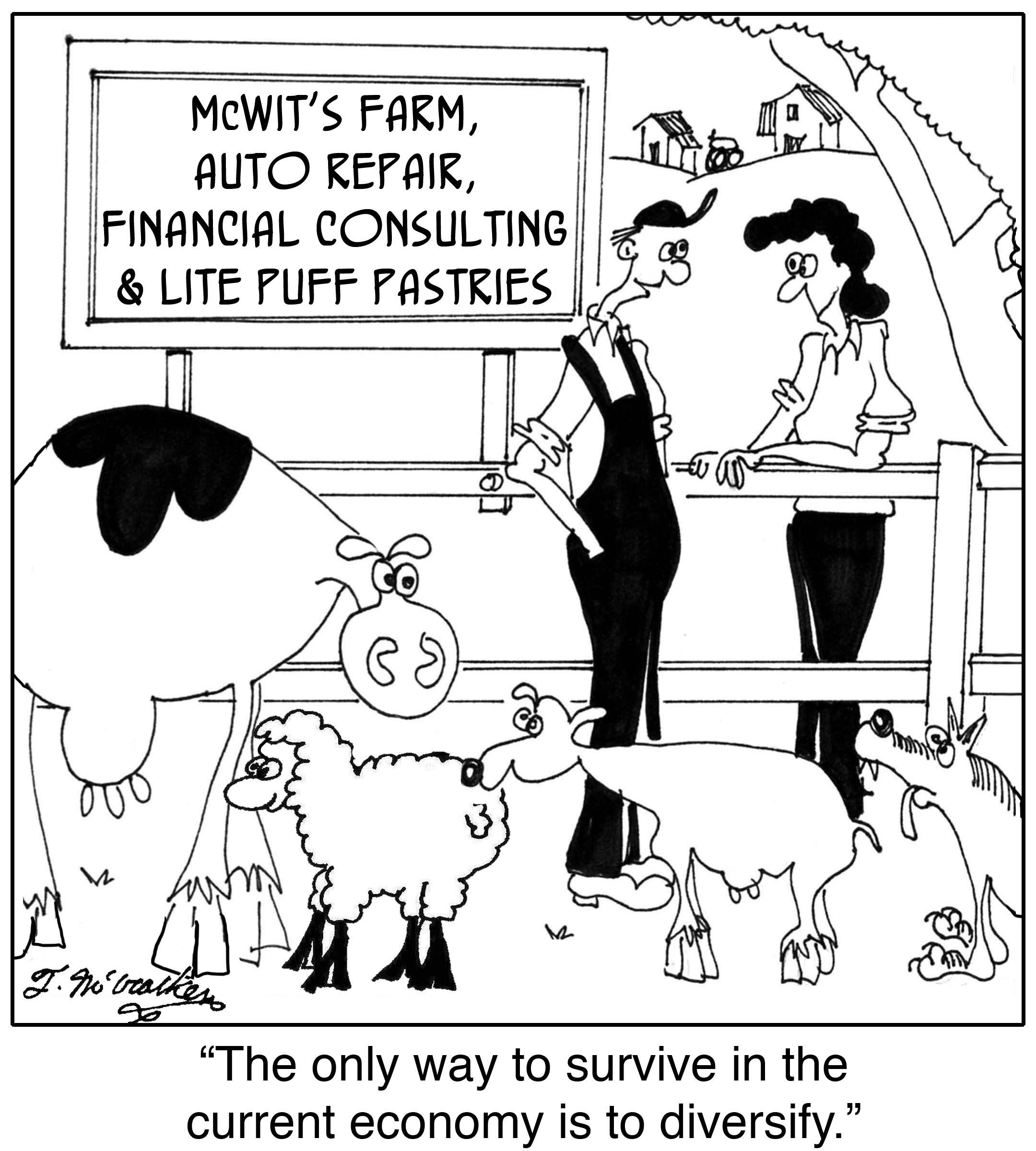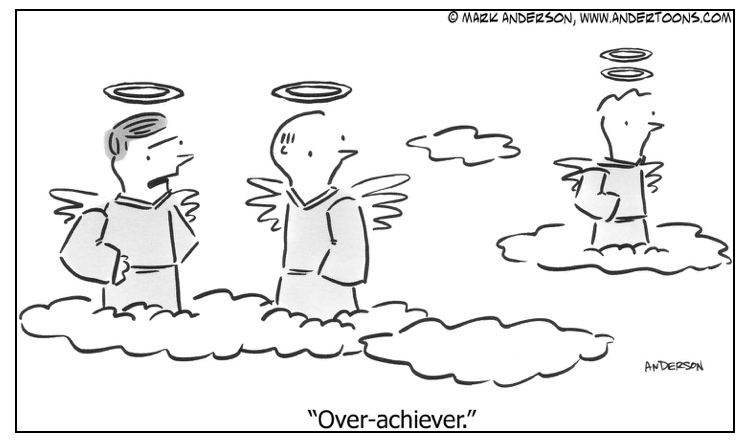 The average US adult weighs about 25 pounds more today than a few decades ago. That’s like hanging three plastic gallon jugs full of milk around your neck. That can’t be a good thing.
The average US adult weighs about 25 pounds more today than a few decades ago. That’s like hanging three plastic gallon jugs full of milk around your neck. That can’t be a good thing.
Everyone should read this article by Mandy Oaklander, published in Time Magazine: Seven Surprising Benefits of Exercise
Instead of beating us over the head (“exercise, you slob”) she presents the happy news that the “no pain no gain” approach to exercise is a myth. Any activity—unloading the dishwasher, mowing the lawn, walking the dog—is beneficial. Just start moving.
The article also reminds us of the multiple benefits of exercise: better cognition, improved mental health, longer life, better overall health—there’s really no downside.
Here’s an article I read several years ago that changed my exercise routine.
It illustrates 14 exercises that use your body weight (no equipment required) and the entire regimen only takes seven minutes (though I have expanded the number of exercises and doubled the time for each, so the workout takes me 30 minutes). Three times a week I combine this routine with 30 minutes on the elliptical machine for a stout one-hour workout.
Though exercise is a deterrent to weight gain, the fastest way to lose weight is to eat less. The best advice I’ve read recently about controlling our consumption of calories is to limit portion sizes.
In his terrific book, What Intelligence Tests Miss, Keith Stanovich writes, “Despite French people eating a higher-fat diet than Americans, the obesity rate in France is only 7.4 percent compared with 22.3 percent in the United States. Rozin and colleagues posited that one reason that Americans are heavier despite eating less fat was because they were routinely exposed to larger portion sizes. For example, portion sizes were 28 percent larger in McDonald’s restaurants in the United States than in France. Portion sizes at Pizza Huts in the United States were 42 percent larger. Across eleven comparisons, the United States portion size was 25 percent larger than in France. Rozin and colleagues have studied the so-called unit bias: that people will tend to eat one portion of something, regardless of the size of that portion, or will tend to eat a unit of something regardless of the size of that unit. [pages 207-208]
I like the strategy of eating smaller portions because it doesn’t restrict what we should eat, just how much. (I like my pizza and hamburgers.)
Exercise more and eat less.
[reminder]What are your thoughts about this essay?[/reminder]


 One can’t lead unless he can leverage more than his own capabilities. Scully
One can’t lead unless he can leverage more than his own capabilities. Scully